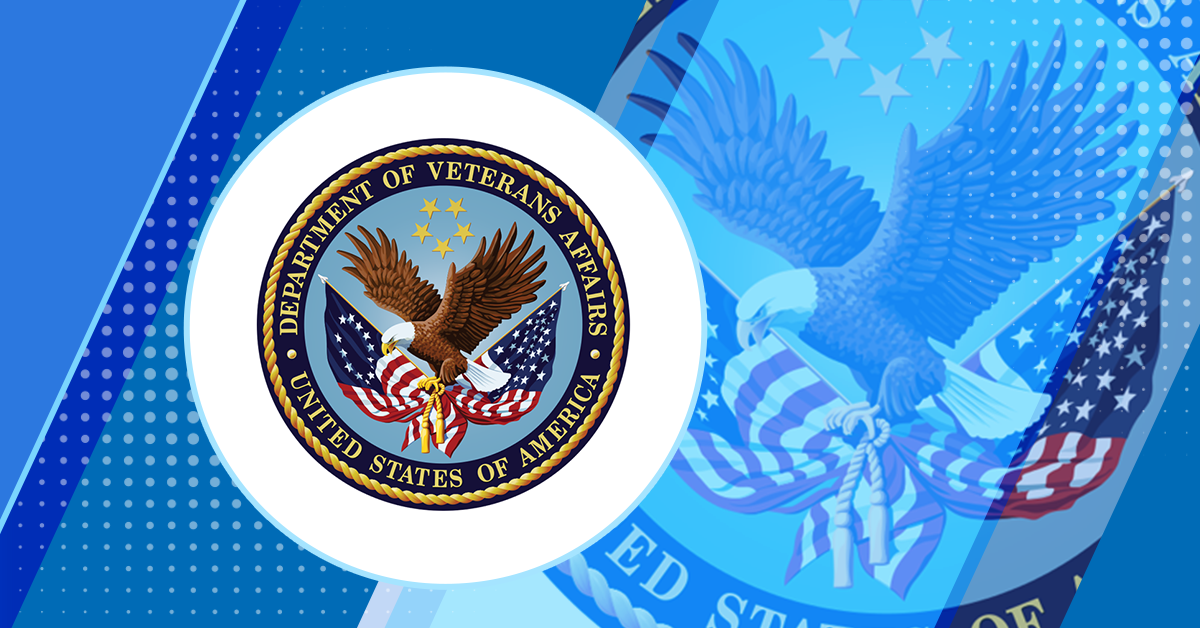The healthcare sector in the United States is in the midst of transformational modernization. Taking lessons learned from the global COVID-19 pandemic, health sector leaders and government officials are deploying emerging technologies and focusing on human-centered design to revolutionize healthcare today.
Lauren Alexanderson, deputy chief technology officer of health delivery at the Department of Veterans Affairs, said the agency is looking to improve clinical decision support through the use of a platform that can launch and host an array of healthcare applications that integrate with electronic health records.

Hear Lauren Alexanderson speak on the Applying Human Centered Design and Rapid Prototyping Concepts in Healthcare Applications Panel discussion at the Potomac Officers Club’s 2023 Healthcare Summit on Dec. 6. Don’t miss your chance to be a part of the conversation with America’s healthcare leaders. Register here.
“As we’re looking toward the future, we’re really trying to figure out how to better embed the clinical decision support into the actual EHR,” said Alexanderson during a panel at the HIMSS conference in April. “The seamless opening of the right application at the right time could make a tremendous difference. So, one of the things we’re playing around with is looking to the low-ish hanging fruit of [clinical decision support] capabilities, where we can be able to launch clinical decision support applications within our different EHR workflows.”
In her role within the Office of Information and Technology, Alexanderson leads design efforts to improve the user experience of individuals who interact with the VA online. In addition to building a platform to support clinical decision support applications, Alexanderson is also focused on spending time in-person with veterans and healthcare workers to better understand how these individuals are using digital tools.
New digital technologies are also being used to better train and educate healthcare workers, surgeons and doctors. Dr. Ranya Habash, part of the Food and Drug Administration’s Digital Health Network of Experts, applauded the use of visualization and virtual reality technology in a LinkedIn post.
“Extended reality surgical education [and] training has already begun to revolutionize medicine, and we’re just scratching the surface,” Habash wrote. “The latest in digital visualization is showcased beautifully through this tech, which we’re also using to mentor surgeons worldwide,” she said in reference to extended reality technology showcased at a virtual event.
Join Alexanderson, Dr. Habash and National Institutes of Health CIO Xavier Soosai in a dynamic expert panel discussion at the Potomac Officers Club’s Dec. 6 Healthcare Summit. Save your seat today – register here!






